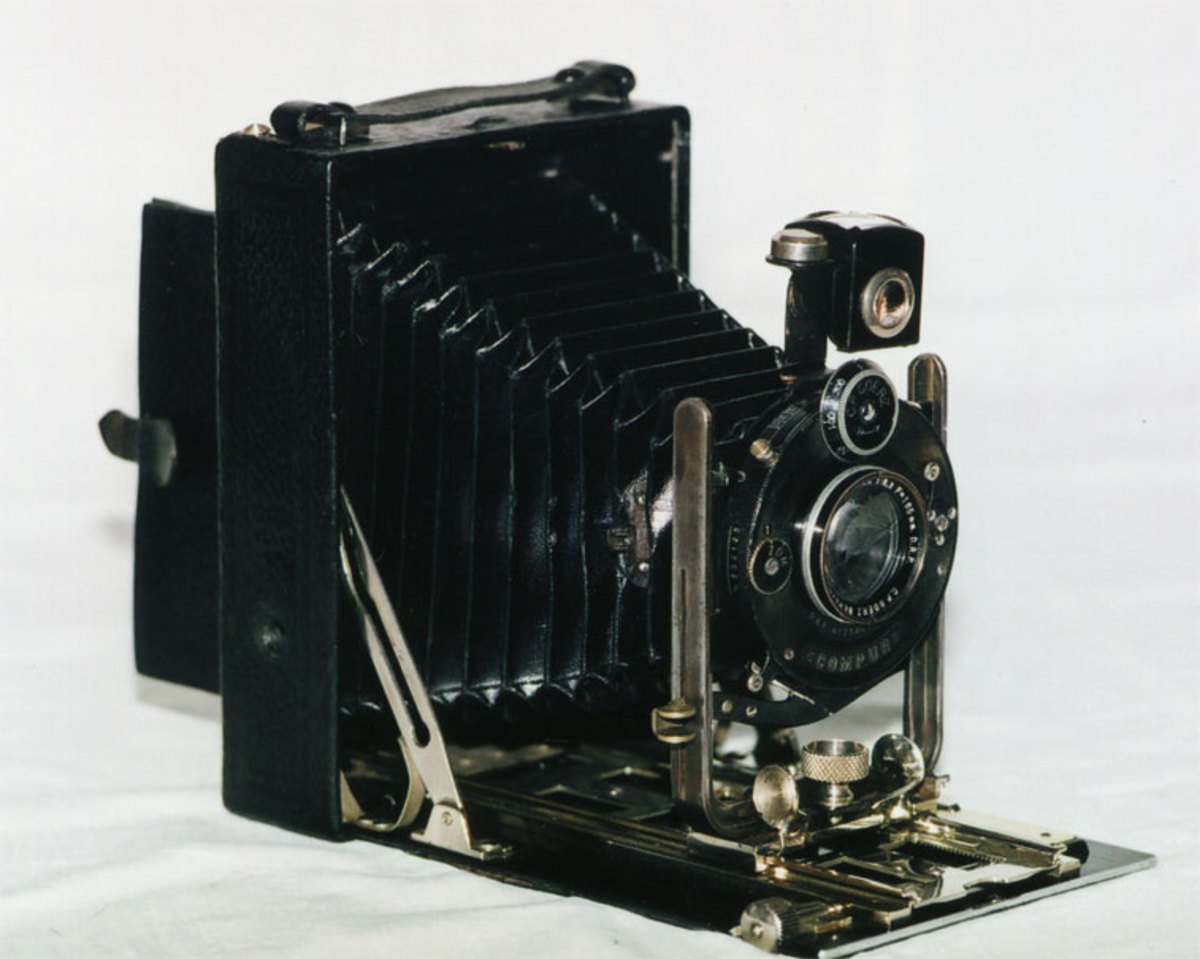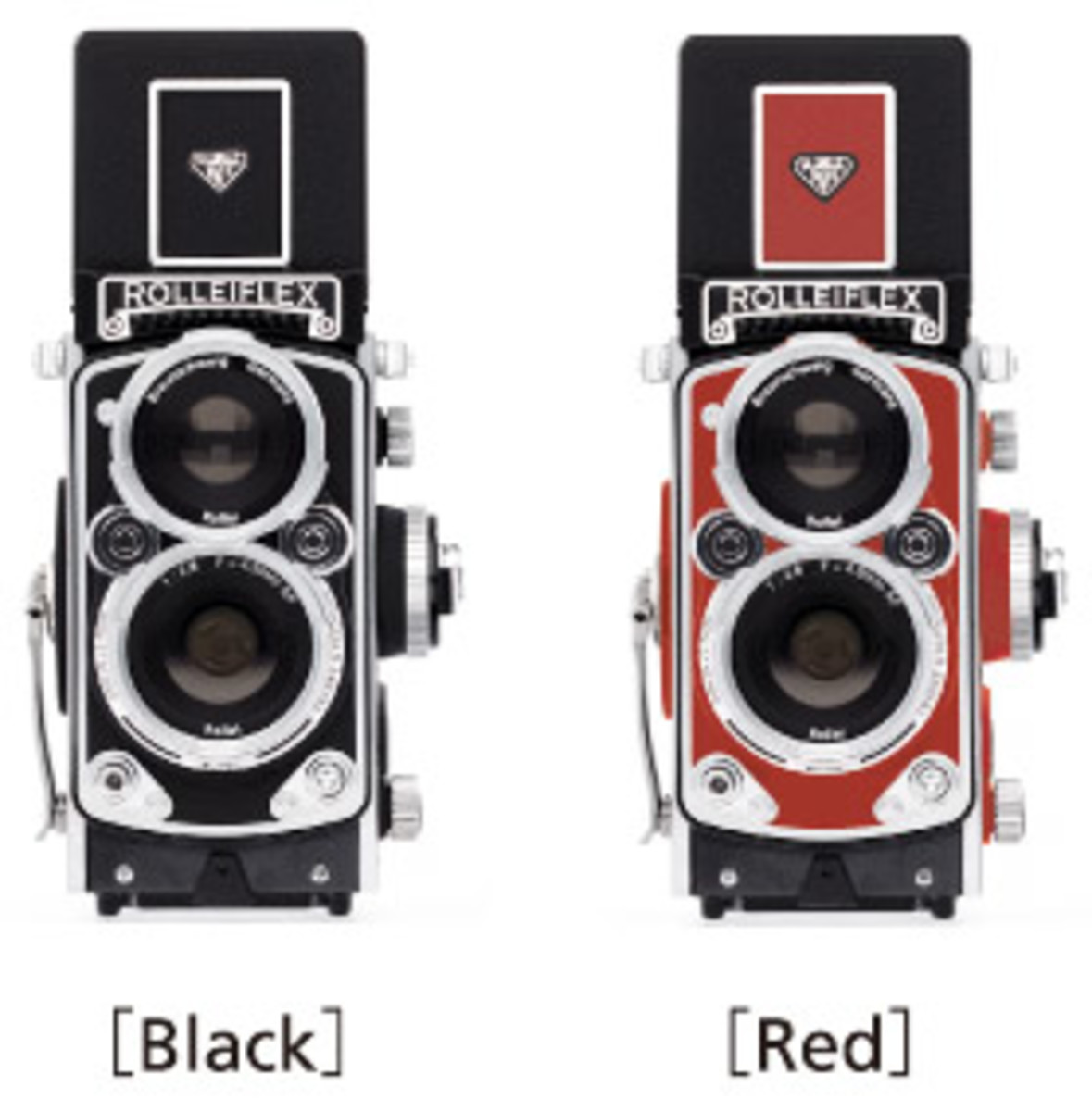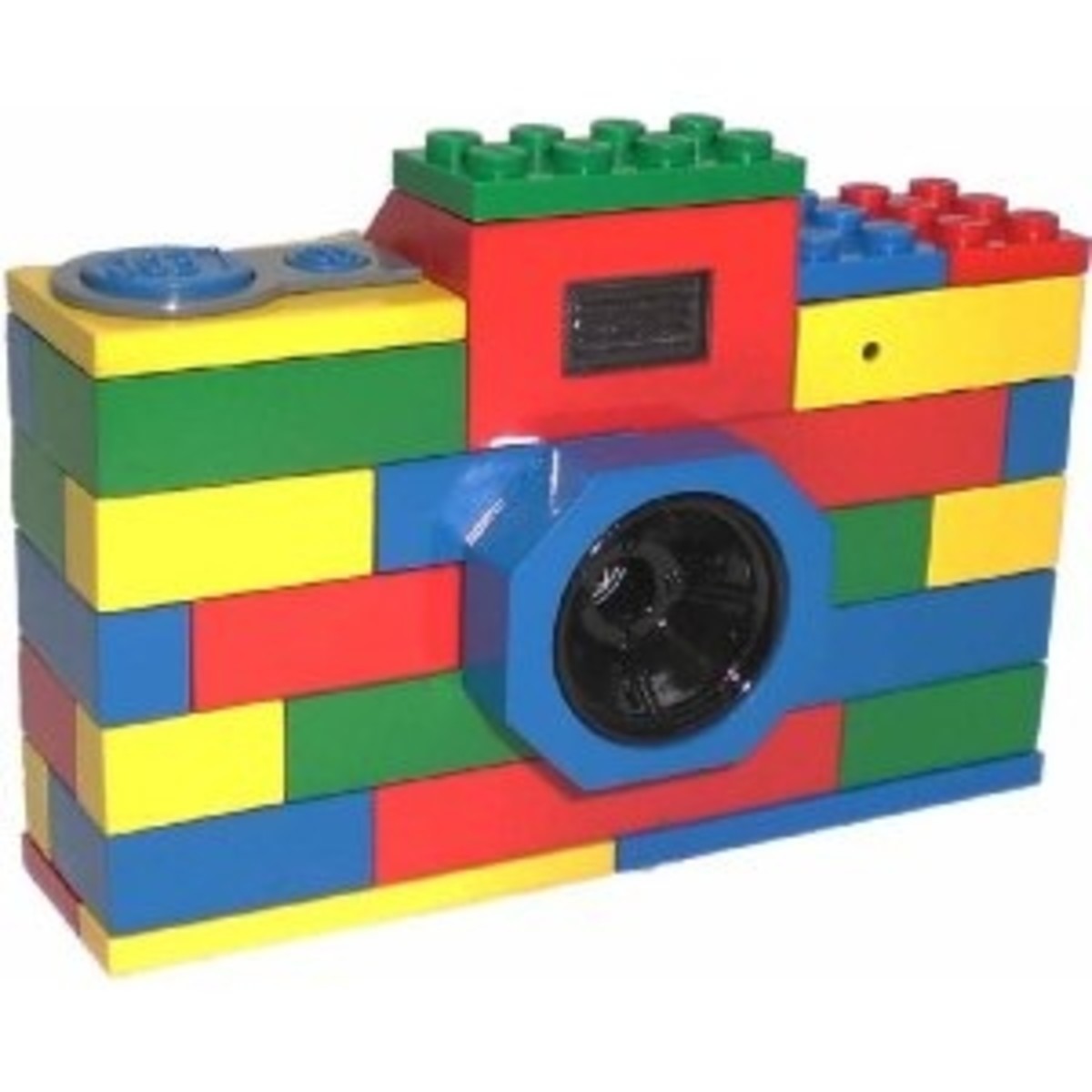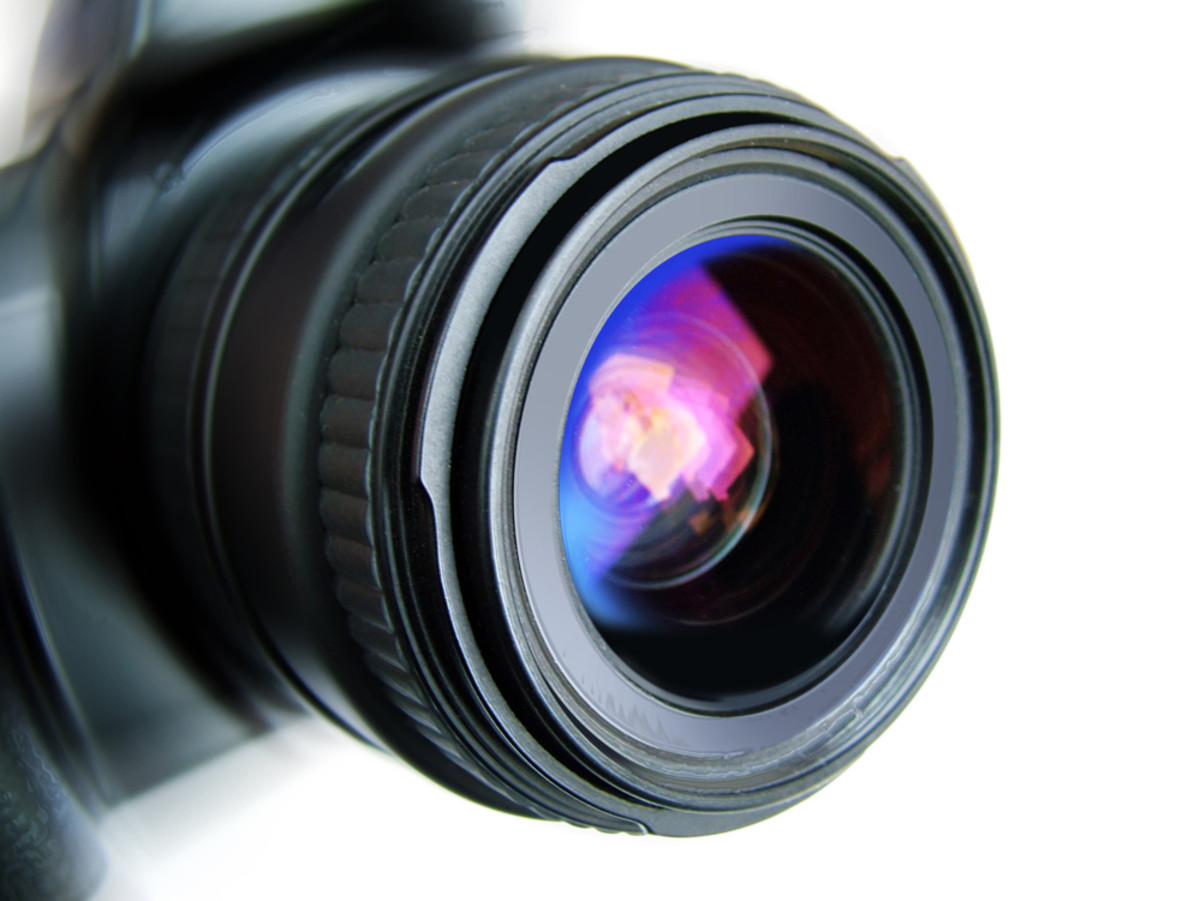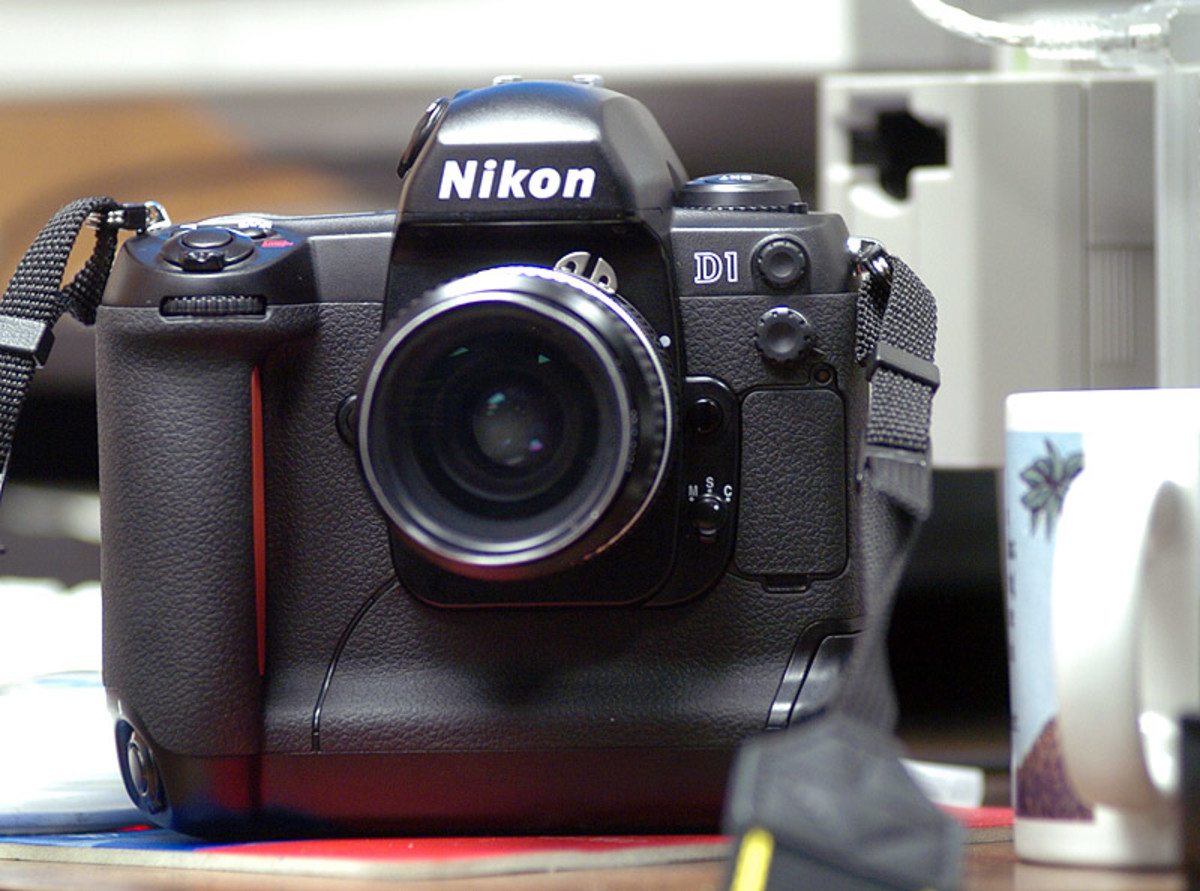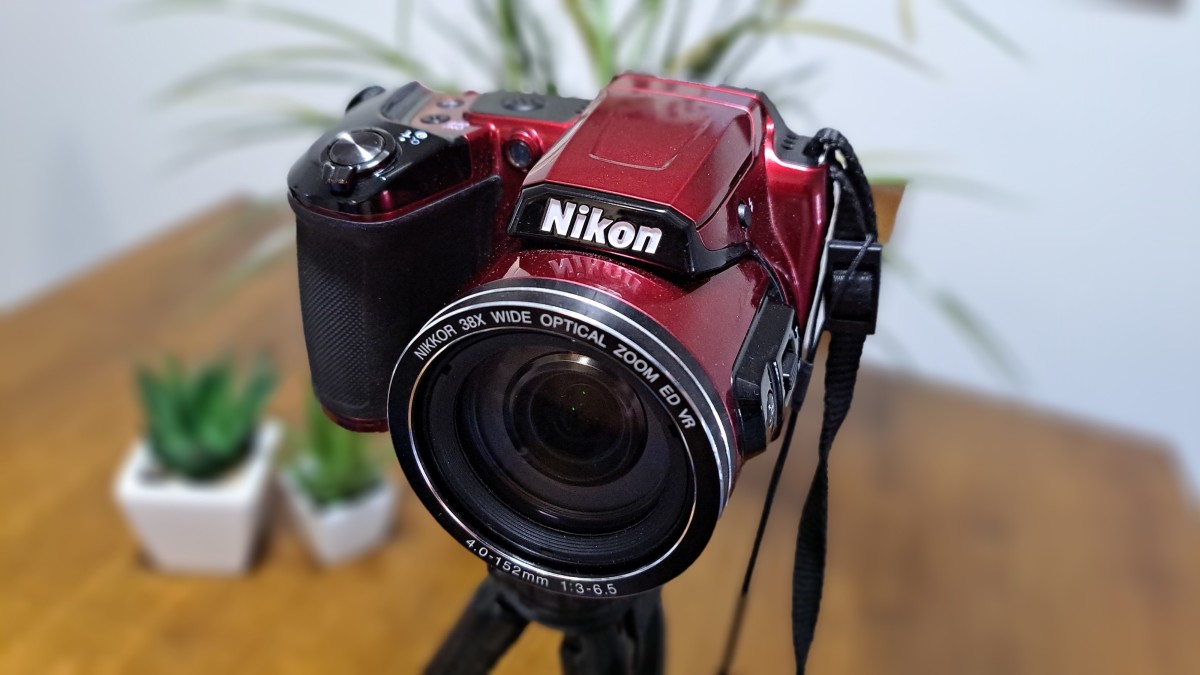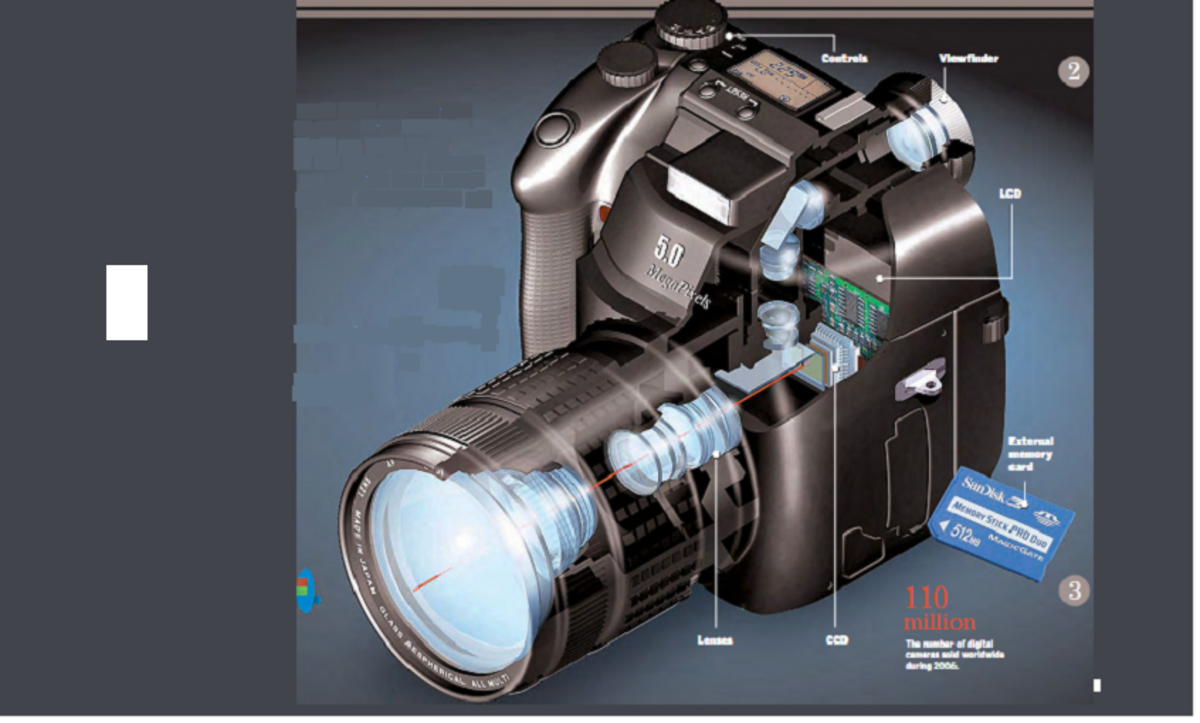- HubPages»
- Technology»
- Consumer Electronics & Personal Gadgets»
- Portable Electronics
Should We Say Goodbye to Film Cameras?
Film VS Digital
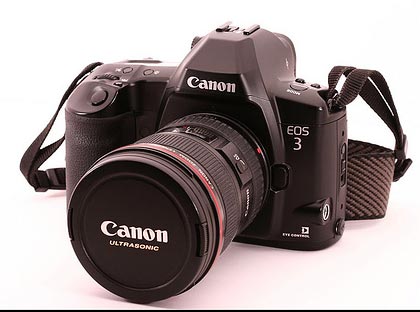
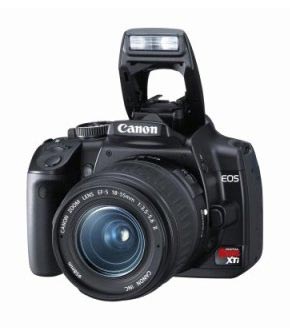
Age of Technology in Photography
Today is the age of technology. That's a given. But, are we ready to say goodbye to film? Are we ready to give up tangible pictures?
Having physical pictures is always going to be a wonderful thing to have in hand. We scrapbook and categorize photo albums, and in this case, physical photos are a must.
But, we can still get them from digital cameras. Walmart, Target, various pharmacies, and other stores print digital pictures that we can use in our memorable scrapbooks and family photo albums, so what happens to film cameras if we can get the same, or similar, physical pictures from a digital camera?
I can admit that I haven't used, much less seen, a film camera in years. I, currently, have two digital cameras on my desk right now and one in on a bookshelf beside me. (All 3 different updates and editions to the Sony Cyber- Shot.)
I'm sure if I dug around a bit, I could find my first film camera, a Canon (or Kodak I forget).
Think about it, when's the last time you've used or seen a film camera?
My guess is probably a disposable camera; I mean that's the last time I've seen one.
My mom used to buy them to take to school events with my little brother, that was until my dad grew to trust her with his fancy- smancy digital camera.
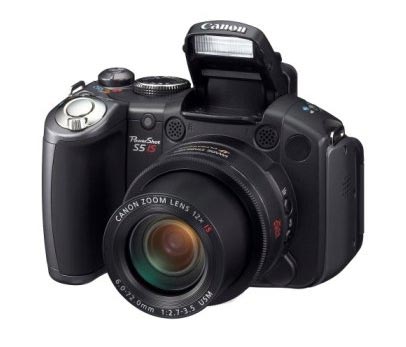
Best Canon Digital Cameras
History of the Film Camera
The first film cameras used a gelatin dry plate to help expose the negatives in order to produce the end result of a black and white picture. George Eastman was the man who was the first to demonstrate the gelatin dry plate in 1878.
Through the late 1870's and early 1880's, Eastman continued his work with the dry plates. He made the first commercial dry plate production in 1880.
This was just the beginning of the history of photography and cameras- film, polaroid, and digital.
- Eastman Kodak developed the first flexible photographic film in 1885, followed by the first transparent film in 1889.
- In the early 1920s, cellulose acetate, or "safety film," replaced nitrate film.
- In 1933, X- ray films then took over.
- The first filmless analog camera was introduced in 1972 by Texas Instruments.
- Polaroid film cameras were introduced in 1978 with the first of the instant film cameras.
- In 1986, the first Canon filmless electronic camera, the Canon RC- 01, hit the market.
- Fuji Films created the Fuji DS- 1P in 1988; this has been considered the first true digital camera, although it was never marketed in the U.S.
Cheap Digital Cameras
The Digital Camera
As we continue to look at the history of cameras, digital was making it's way into the scene. By 1988, the first true digital camera was created by Fuji Films.
Although, the Fuji camera was not marketed in the United States, in 1990, Dycam Model 1, or Logitech Fotoman, was officially the first camera made available, which was followed by the Kodak DCS-100 in 1991 (the first in the line of the SLR cameras).
During this time, the film camera and polaroid camera were still the most popular cameras of the time. Especially, since the digital camera, being new, was very pricey. I mean the Kodak DCS-100 was marketed at $13,000.
People were in two boats, some jumped on this new filmless camera while others were weary of it.
Now, throughout the 1990's, the digital camera slowly began to take over the camera market. With each year, new innovations and improvements made the digital camera better and better.
The once 1.3 megapixel camera of 1991 became the 2.74 megapixel of 1999, and then the 6.0 megapixel of 2003 which is now the 8.0+ megapixel of 2008.
Canon Digital Camera Accessories
So what do you think?
I've seen a lot in the past 10 years alone in regards to camera technology in improvements, and personally, I think the technology is only going to further improve, which will slowly fading the film camera into history.
The day of the simple digital camera is long gone, as the accessories continue to improve and the prices go down. I mean, my dad said that his first digital camera, an Olympus, from at least 15 years ago was $1,100. Now, you can by a really good Canon for around $600- $700.
I mean before I couldn't find any additional lenses for my older Sony Cyber- Shot cameras, but now with my DSC- W55, I can purchase lens extensions ranging from 0.7x wide angle to 1.7x high- grade telephoto to 2.6x super telephoto lenses.
I've noticed even more improvement upon the Canon digital camera lenses and camera accessories, and I think this day and age is the true beginning to digital cameras.
So, what do you think? Has the film camera been replaced? Has the disposable film camera been replaced by cheap one- time use disposable digital cameras?





